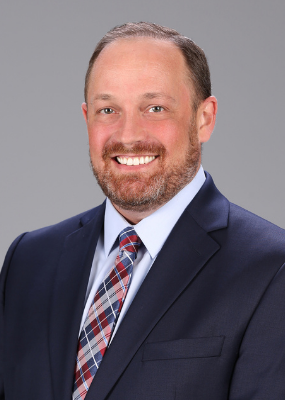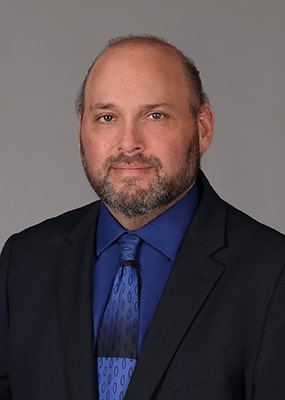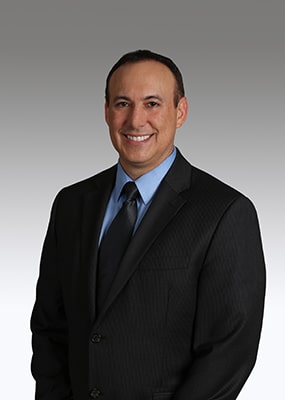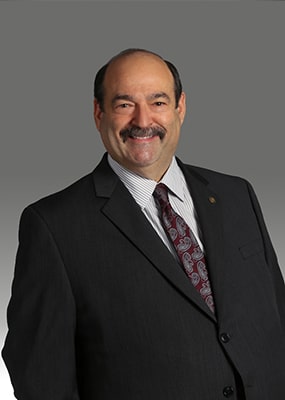
More than a year after the tragic collapse of the Champlain Towers South condominium building in Surfside, Florida, condominium and cooperative associations throughout Florida now face a host of new legal requirements and restrictions imposed by SB 4D, which was passed unanimously by the Florida Legislature and signed into law by Governor DeSantis on May 26, 2022. The legislation is aimed at protecting the long-term structural safety and integrity of multi-story buildings in Florida and preventing similar tragedies. In previous columns, SSC has discussed the inspection and transparency requirements of the new law. However, although such legislation may be long overdue and well-intentioned, unit owners in condominium and cooperative associations throughout Florida are likely to find that in the short term the cost of living in such buildings will increase significantly, as a result of the requirement that associations collect mandatory reserves on an ongoing basis. In addition to requiring “milestone inspections” and imposing new reporting and transparency standards on matters relating to building structural safety and integrity, SB 4D creates strict new requirements for associations three (3) stories or taller regarding the calculation and funding of reserves for long-term maintenance and replacement of certain “structural” components of these buildings. Specifically, at least once every ten (10) years, associations must now complete a so-called Structural Integrity Reserve Study (“SIRS”) for each building in the condominium or cooperative that is three stories or taller. A SIRS is defined as “a study of reserve funds required for future major repairs and replacement of the common areas based upon a visual inspection of the common areas." Although the reserve study may be performed “by any person qualified to perform such study,” such as an accountant, the visual inspection portion of the SIRS must be performed by a licensed engineer or architect. At a minimum, the SIRS must identify and state the remaining useful life and replacement cost or deferred maintenance expense of the common areas being visually inspected and, based upon such visual inspection, provide a recommended annual reserve amount that should be included in the association’s annual budget for those common areas. Several...









